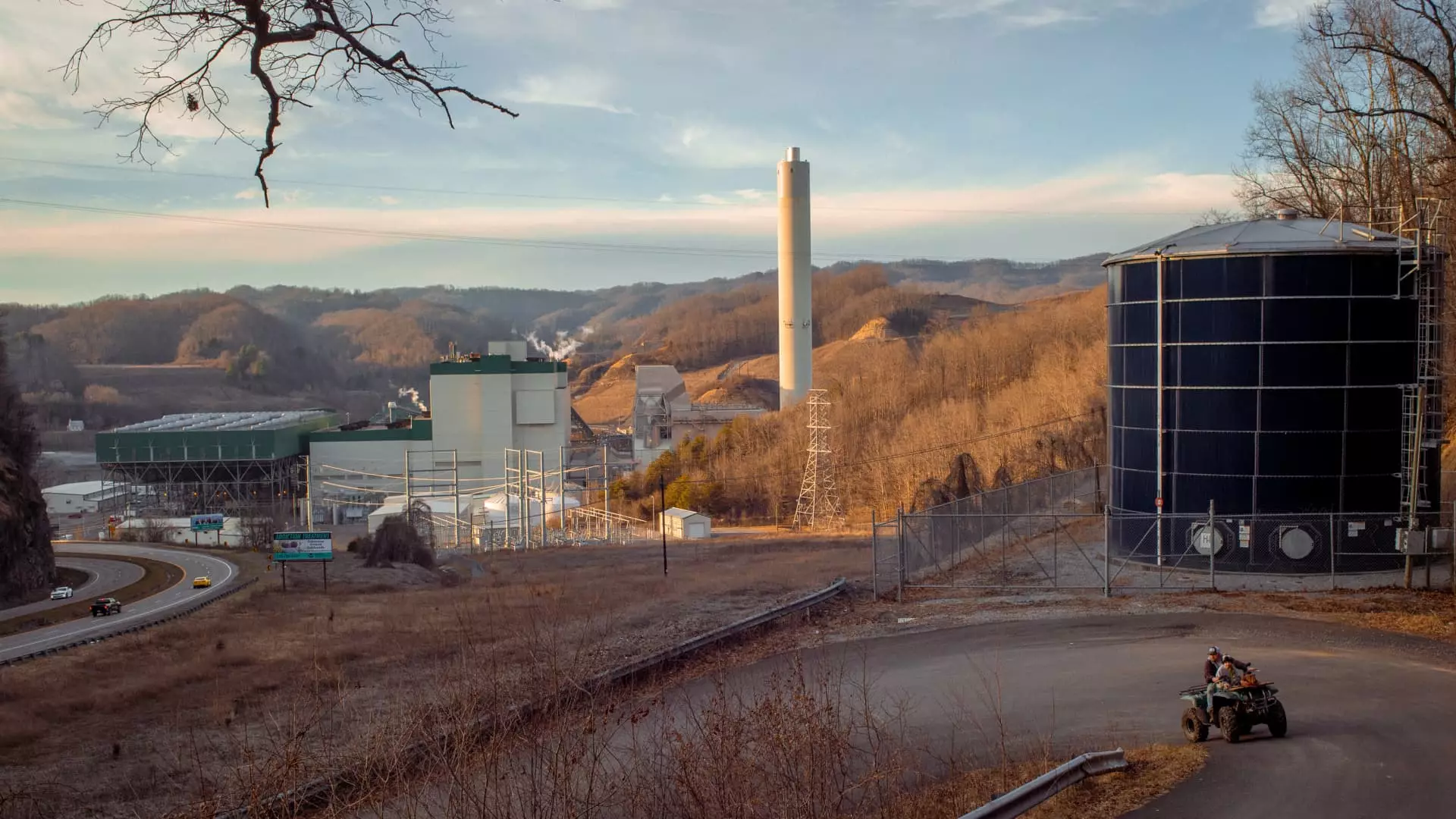In a significant move that underscores the growing intersection between the tech sector and nuclear energy, Dominion Energy has initiated discussions with various technology companies to advance the development of small modular reactors (SMRs). Following a recent partnership agreement with Amazon, Dominion is exploring the potential of these next-generation reactors to meet the increasing demand for clean energy. This collaboration highlights a broader trend where leading tech firms are actively seeking sustainable solutions to power their expanding operations, particularly as they scale up energy-intensive services like artificial intelligence and data centers.
Small modular reactors are poised to revolutionize the energy sector by providing a reliable, carbon-free base load of electricity. Unlike traditional large reactors, SMRs are designed for modular construction, enabling reduced capital costs and a streamlined deployment process. The engineering innovations inherent in SMR designs could ultimately facilitate the siting of these facilities in locations previously deemed unsuitable for larger plants. By targeting a reduced footprint and simplifying manufacturing processes, these reactors represent a compelling solution in the pursuit of sustainable energy alternatives.
Dominion Energy’s discussion points out the utility’s proactive approach in engaging major technology companies that require dependable energy sources. Historically, the path to commercializing nuclear technology has been fraught with challenges; however, a renewed focus on partnerships may help circumvent some of the obstacles facing SMR deployment in the United States.
Virginia’s regulatory landscape is particularly conducive to nuclear development, bolstered by bipartisan support for innovative energy initiatives. The state stands out as one of the most nuclear-friendly regions in the country, which is crucial for Dominion as it seeks to cement its role as a leader in the energy sector. CEO Robert Blue recognizes that large customers, such as Amazon, see Dominion not just as a power provider but as a capable operator of nuclear technology, paving the way for meaningful collaboration.
Virginia’s Northern region, recognized as the largest data center market globally, finds itself at the center of this clean energy dialogue. Companies like Amazon and Microsoft are already exploring nuclear power to ensure the sustainability of their operations. Amazon’s acquisition of a Talen Energy data center campus powered by the Susquehanna nuclear plant is a clear indication of this trend. Similarly, Microsoft’s agreement to source energy from the iconic Three Mile Island plant underscores a commitment to leveraging nuclear energy’s reliability in the tech sector.
Challenges Ahead: Navigating the Nuclear Landscape
Despite the optimistic projections surrounding SMRs, significant hurdles remain before these technologies can become commonplace. One of the primary concerns is that there are currently no operational small modular reactors in the U.S., which poses a risk to investor confidence. As the industry progresses, regulatory hurdles, public perception, and financial investments will critically shape the landscape for nuclear energy.
The discussions between Dominion Energy and major tech companies represent a crucial step toward realizing the potential of small modular reactors. By emphasizing collaboration and innovation, the pathway to a sustainable, carbon-free energy future looks increasingly promising, even amidst challenges. With combined efforts, these entities may well usher in a new era of nuclear energy that is indispensable in tackling the climate crisis.

